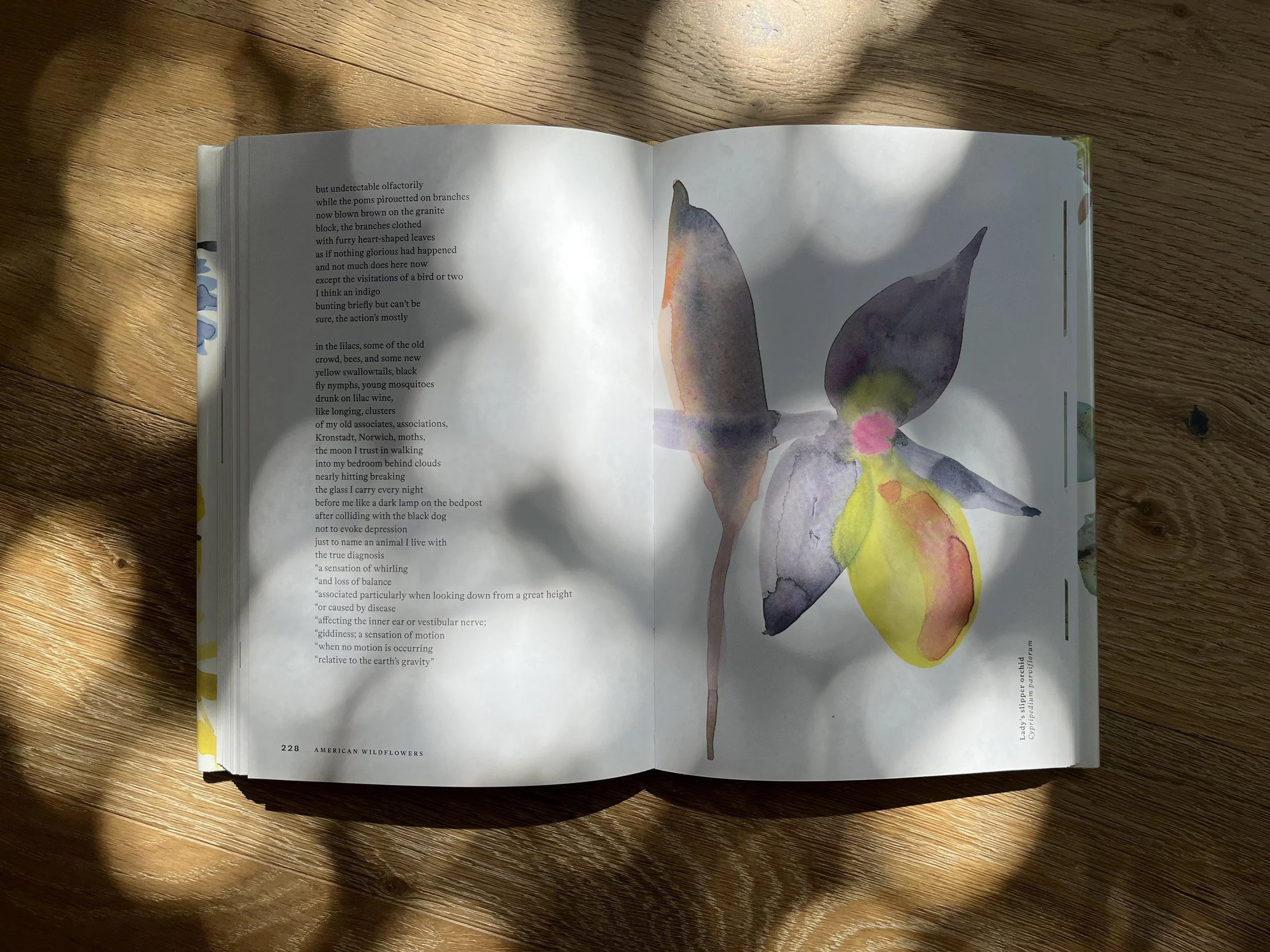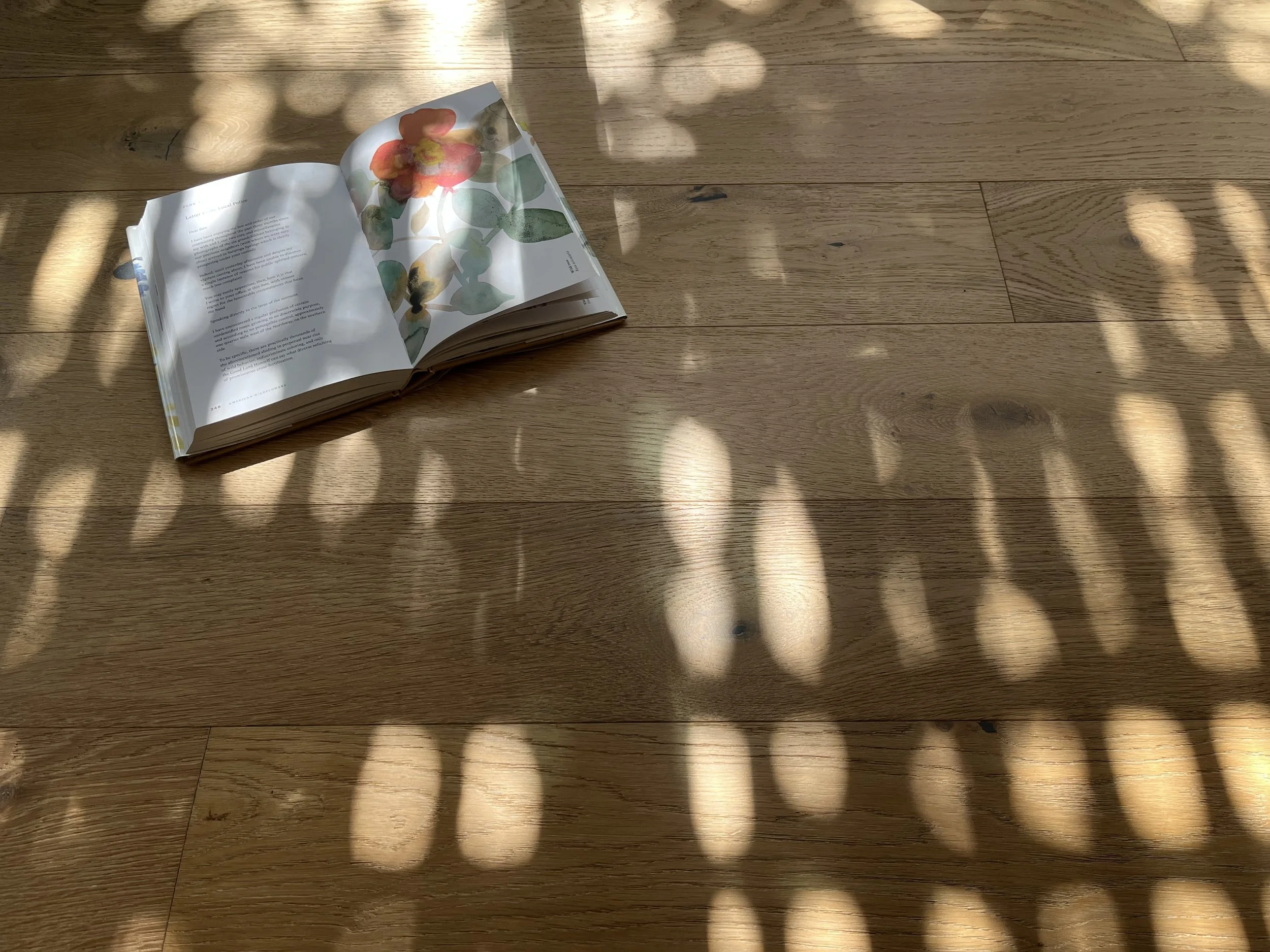I was reading an introduction to a book about wildflowers. (I almost always read introductions last, not wanting my experience of a book guided in any way.) Susan Barba, the author of this introduction, was talking about the term “wildflower” falling out of favor, often being replaced by the term “native plant.”
“Still, the old term retains its significance, partly because we don’t want to be told what we can and can’t love, and partly because in any transition the past is present until it isn’t anymore.”
Yes, and yes, I thought. I certainly do not want to be told what I can and cannot love. And the past is present until it isn’t anymore.
After I wrote these things down I wondered, Am I wasting my time? Is any of this relevant to the book I’m writing, have been writing for a good long while? If so, when will it stop—all of my scribbling excerpts from books into my notebook, jotting down bits of dialog, outlining scenes, documenting landscape and weather, noting memories, researching all of the things I want to clearly understand?
I think my true answer is that I hope it never stops, but I’d like to pause long enough to allow this story to find its way, settle, and fully become itself.
Part of my process for the book I’m writing now (working title: Stinson), as well as After the Sour Lemon Moon, has involved getting glimpses into scenes of what feels like a parallel life taking place beside the ocean, on the other side of the Golden Gate Bridge—a region I’ve come to know well over the last twenty-some years. It’s like I’m observing fragments of a film. The scenes sometimes appear to me while I’m making oatmeal, folding laundry, or taking a shower, but also while I’m in the middle of a conversation with another person, at the gym, or sitting on a park bench. There are days I make notes in the moment, and days I believe I’ll be able to write it all down later. Sometimes the waiting works, sometimes it doesn’t.
When I will actually corral all I’ve seen and written down, finally shape it into this next book, is not completely clear. Part of me feels very close to completion, yet another part of me wonders if it will ever happen. Writing a book is kind of a crazy endeavor, at least it is for me, yet here I am, again, firmly attached to this pursuit.
Along with Leanne Shapton’s beautiful watercolors, Barba pulls together poems, essays, and letters in American Wildflowers: A Literary Field Guide. She says her “main criterion for inclusion is that the writing represents an encounter with flowers more wild than cultivated, more self-determined than domesticated.”
This type of flower she describes is the type of writer I want to be, the type of person I want to be (or perhaps already am), so I guess anything resembling corralling isn’t likely to happen—it’s too abrupt—but something will happen, eventually, something self-determined, something wild. I hope you’re there for it.
Thank you for your patience.

